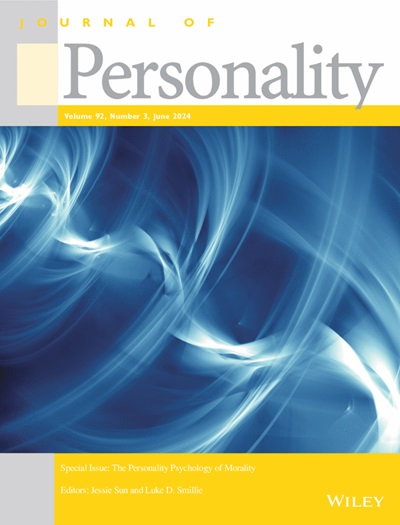Conceptualizing “positive attributes” across psychological perspectives
Abstract
Background
The growth of positive psychology has birthed debate on the nature of what “positive” really means. Conceptualizations of positive attributes vary across psychological perspectives, and it appears these definitional differences stem from standards for “positive” espoused by three normative ethical frameworks: consequentialism, deontology, and virtue ethics. When definitions of “positive” do not align with one of these ethical schools, it appears researchers rely on preference to distinguish positive attributes. In either case, issues arise when researchers do not make their theoretical alignment explicit, leading to value-laden, often subjective criteria being smuggled into science as a description of what is positive.
Objective
To foster a deeper critical understanding of the different approaches, we examine how these conceptual definitions of positive attributes (mis)align with their ethical traditions or fail to align with an ethical school.
Method
We review several positive attribute theories across psychological disciplines that serve as examples of the ethical and non-ethical sources of “positivity.” Through this, we assess the conceptual criteria for what each approach considers “positive,” note the degree of alignment between definition and ethical school, and draw attention to potential issues.
Conclusion
We advance the conceptual assessment of positive attributes by considering the implications of failing to explicitly address the theoretical foundation from which a construct is defined.

 求助内容:
求助内容: 应助结果提醒方式:
应助结果提醒方式:


